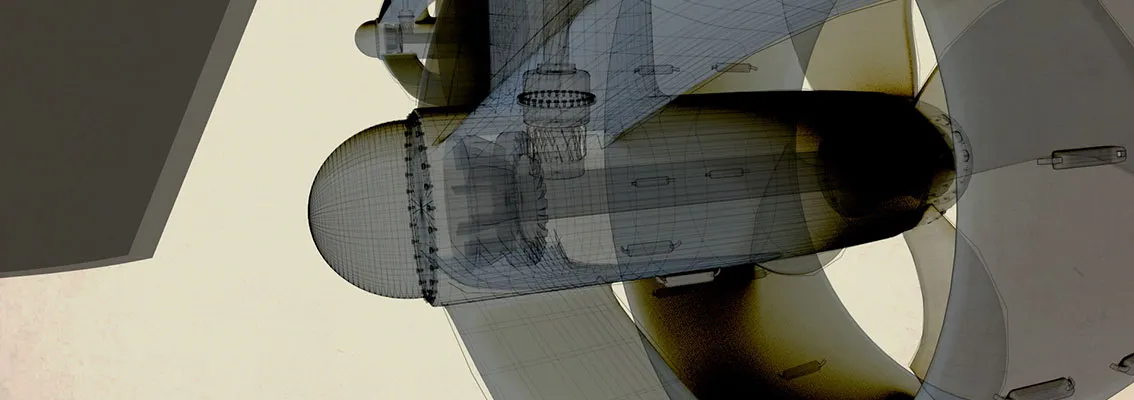Brian Ferguson, DNV’s Noble Denton marine services DP manager in the UK, outlines the key qualities to bear in mind when selecting a dynamic positioning assurance partner that can support long-term cost efficiencies.
Published: 8 June 2016
The oil and gas industry may have been through tougher times in the past, but that fact provides little comfort to hard pressed marine contractors faced with laying up vessels and laying-off experienced crews. In such challenging times it’s essential to seek cost savings as income revenues diminish and operating expenditure (opex) remains high; however, owners need to safely balance short-term savings with long-term sustainability.
Often, dynamic positioning (DP) assurance services are seen only as an unavoidable cost rather than as a cost-effective solution to safe and economical operational viability. Indeed, in some cases, these services are considered just as a license to trade, leading many to reduce DP investment to an absolute minimum or to abdicate responsibility for selecting providers to others. Yet, there are enormous differences in the quality and competence of DP service providers. Choosing the wrong provider could compromise safety and budgets.
Why should this be?
The complexity and sophistication of DP control and propulsion systems has evolved rapidly over recent years; however, there are currently no regulations or indeed mandatory requirements in regards to the competence of DP service providers. Some suppliers simply provide operators with compliance to Class rules. While this competence can still make a valuable contribution, assurance only to Class can lead to operational problems. In the worst case, this can include DP vessels avoidably entering operational life with undetected single point failures. This can result in loss of position, extended time-off hire, consequential losses, costly remedial work and loss of reputation.
This places the onus on owners and operators to select carefully when choosing a DP service provider; in particular, by seeking to appoint service providers who go beyond Class compliance to ensure that their DP systems are up to standard when it comes to operational quality.
Selecting a good service provider
A good DP service provider will:
- Supply a multi-disciplinary team (control, marine, electrical and operations)
- Provide a good mixture of operational and design experience
- Have extensive and detailed internal guidance, along with templates and procedures
- Have means to communicate learnings from incidents
- Be able to apply a methodology based on appropriate industry standards
- Have an extensive track record of developing industry guidance and best practice
- Be able to produce an effective training and competence programme based on rigorous assessment of knowledge through examination, and not simply based on time served in any one position
- Be able to demonstrate an understandable and transparent system for categorising findings
- Provide an open and honest résumé outlining their capabilities
- Be able to provide an industry-recognized gap analysis process to identify deficient and defective work
- Demonstrate a relationship-based and not purely transactional ethos to the industry.
How can competent DP services add value?
Retrospectively improving a defective DP redundancy concept can be extremely time consuming and expensive. The opportunity to avoid this type of scenario starts with a robust design review. It typically ends with the successful delivery of a vessel with strong and safe operational capabilities. Such an approach can initially appear to be the more expensive option; however, when planning for safe operations, a competent appraisal of DP system design and vulnerability mitigation reduces opex in the long-term.
A competent DP service provider will be able to identify the key attributes of performance, protection and detection upon which the single fault tolerance of a DP system depends. They will also be able to assist vessel owners in developing the most cost-effective means of verifying and documenting performance attributes to make the best use of planned maintenance activities and trials of opportunity. Effort expended on these activities also feeds directly into the preparation of documents such as activity-specific operating guidelines and DP operations manuals, making economic use of common material and processes.
Moving forward
There is a broad spectrum in the quality and competence of DP service providers at present. Exercising due diligence when selecting providers will add value for owners and operators in both the short and long term. A good DP service provider should be familiar with oil company expectations and processes, and able to assist the vessel owner in meeting those expectations. A valuable service provider should be seen as a partner in providing cost-effective solutions that promote industry best practice.

